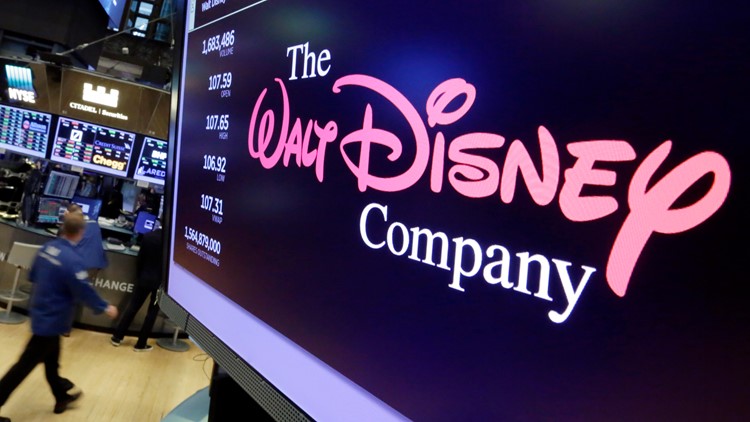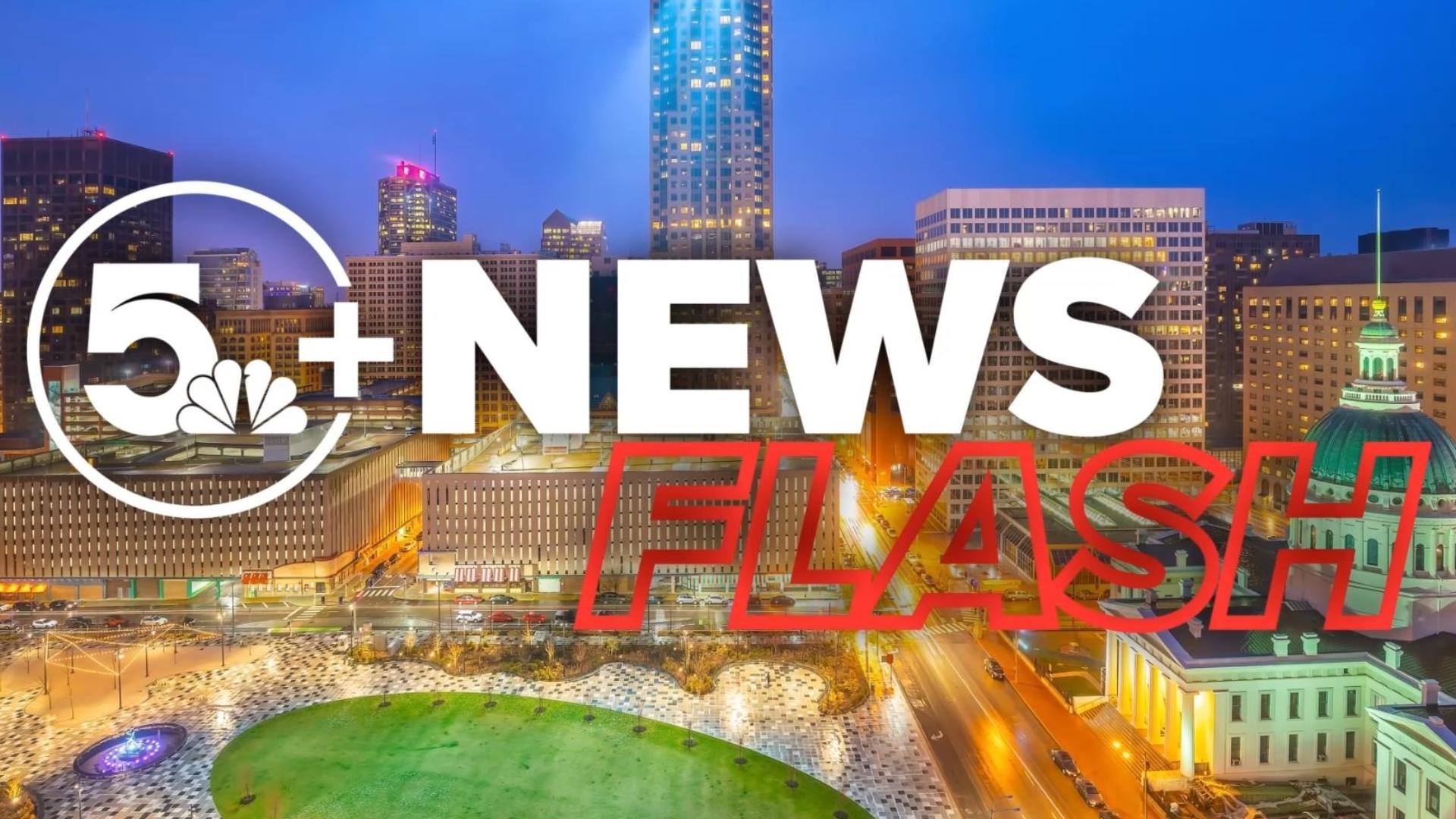NEW YORK — If Aaron Rodgers has as much influence on the football field as he apparently had in ending a multibillion-dollar business dispute, the New York Jets will be very happy.
The Walt Disney Co. and Charter Communications announced the resolution of their fight on Monday, restoring ESPN to some 15 million cable television customers hours before Rodgers was to make his debut at quarterback for the Jets in “Monday Night Football.”
The deal guarantees Disney of roughly $2.2 billion in fees from Charter that had been put in jeopardy, while giving the communications company an entry into the streaming world that has encouraged millions of former cable customers to cut the cord.
“We love the flexibility of this deal,” said Jimmy Pitaro, ESPN president. “We love the creativity.”
Disney had pulled the stations it owned from the Charter-owned Spectrum TV system on Aug. 31, including ESPN, ABC, National Geographic and FX. It was during the U.S. Open tennis tournament and at the beginning of the first college football weekend.
But “Monday Night Football,” which is shown on ESPN, ESPN2 and ABC, is on a different level entirely. Besides Rodgers' debut, Monday's game involved the Jets and Buffalo Bills, two New York teams on the anniversary of the Sept. 11 attacks.
“When the passionate fan base is being deprived of something they desire, you're going to hear about it,” said John Fortunato, a communications professor at Fordham University who specializes in sports media.
New York Gov. Kathy Hochul hailed the deal, and said her office would work on getting refunds for the estimated 1.5 million families in New York who lost the Disney stations during the dispute.
Under the deal, the Disney+ and ESPN+ streaming services will be made available to Spectrum cable customers at no extra cost, which Disney had initially balked at. In addition, Charter customers will eventually receive the planned direct-to-consumer ESPN streaming service that is in the works but has no launch date.
While making a direct-to-consumer product available through a cable system may seem counterintuitive, the deal will help the soon-to-be launched ESPN service get established and have more access to advertisers, Pitaro said.
Charter had made noises about getting out of business of cable with ESPN entirely, and had even told its customers about other ways to access the network. But that's an awfully risky move. In essence, the deal allows both Charter and Disney to have their hands in both cable and streaming while waiting to see how those businesses shake out in the coming years.
Charter had also sought greater flexibility to stop “bundling,” or requiring cable customers to take stations they don't necessarily want. Monday's deal reduces the size of the Disney “bundle” from 27 to 19 networks, but still guarantees that Disney will be paid for a large percentage of those stations.
Charter's “carriage” fee to Disney — what it pays for access to their networks — is expected to increase, although financial terms were not released on Monday.
“On the surface, the terms of the settlement that were made public suggest Disney could not afford to let the dispute simmer, and Charter may have been bluffing when it said it was ready to walk away from the cable TV business,” said Paul Verna, principal analyst at Insider Intelligence.
The deal leaves many unanswered questions, primarily how much more that consumers will be charged for these various services, he said.
“In addition to these unknowns, the larger issues around the viability of the traditional pay TV bundle and the challenges in monetizing streaming media will continue to haunt the industry as it navigates the transition from linear to digital,” Verna said “Other carriage disputes are inevitable, and they will again raise these unresolved questions for media owners and distributors.”



